
Walter Lucken IV and Dominic Palarchio
December 28, 2020
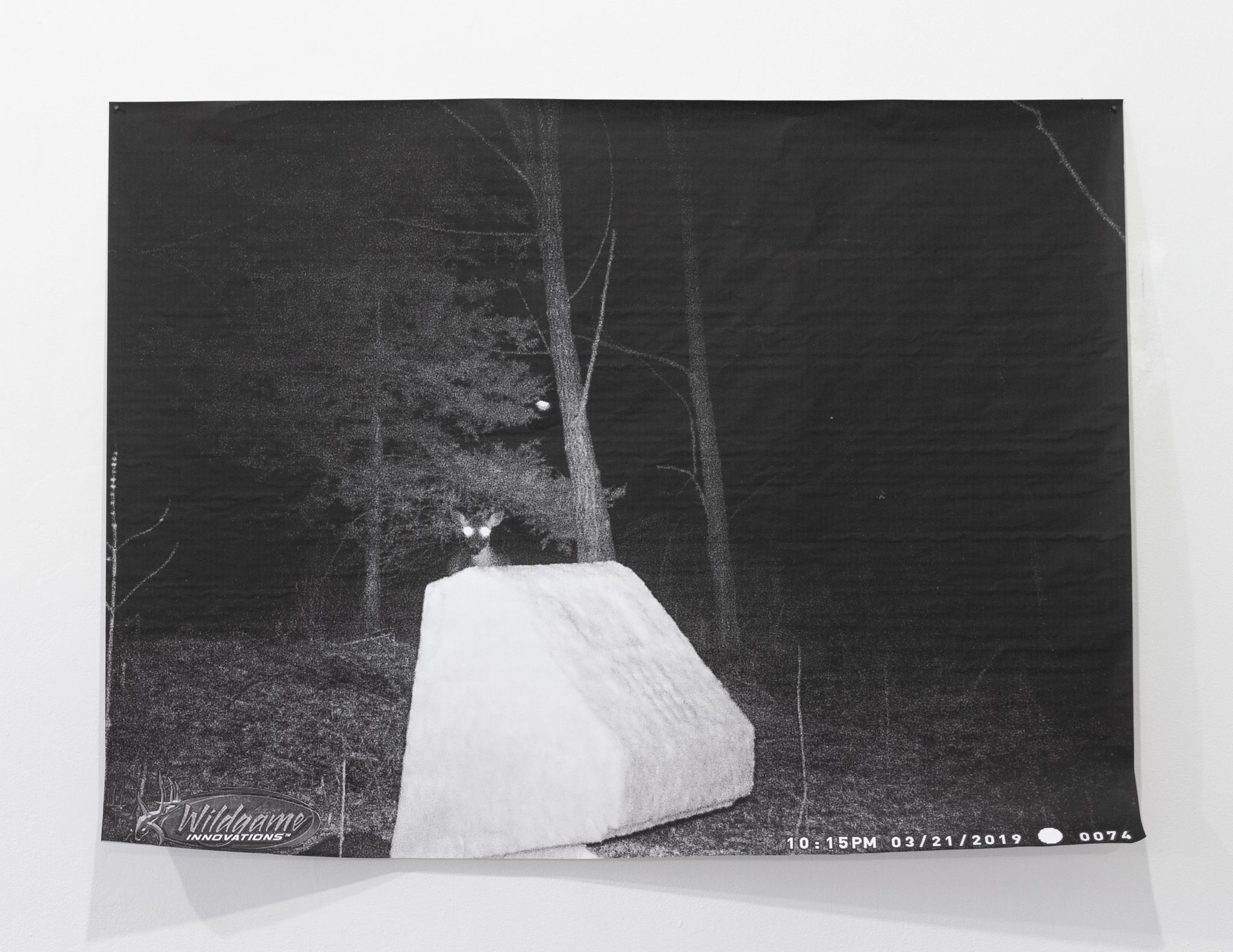
1.
How many chanted insurrection all summer and then arrived, in spirit or otherwise, at TCF to defend democracy? Having insisted on the virus (as defined by experts) and insisted against the police (as defined by the presence of batons), we arrived at the TCF Center to certify the election (to speak as experts), knowing that the police (as defined by the presence of batons) could not be counted on to protect democracy, or rather, to protect the pieces of sovereignty nominally held by Detroit’s voters. No matter what, we had no choice but to stand in front of Detroit’s voters when they stood up to be counted. Somebody somewhere had the gall to imagine that “allies to the front” was an ideological machination by Boeing and Lockheed-Martin. No choice.
This is to say, how many of us oppose the police state, the surveillance, the no of the father but also insist that one must necessarily take the vaccine? How many? One must take the vaccine, quarantine one month, take the vaccine again, quarantine two weeks. However, I won’t do what you tell me. I oppose the police with my life, but you’re crazy and you have to go to therapy, and maybe then you will agree with me. Some of us call these carceral logics. Some demand that police be replaced with social workers. I live with a social worker, but people sometimes go without EBT to keep social workers out of their house. Social workers ask if your mother lets strange men in the house.
Some of the fire-starters have acronyms at the end of their name, they fall all over themselves to swear up and down that those without the acronyms are the real authority, the real leaders, the true sovereign. I insist that I don’t know anything, that I’m not the leader, that I’m not in charge. I insist it was their idea, not me with the acronyms. I have not completed revolutionary suicide, I only have revolutionary suicide ideation. I’m not a cop. I’m an acronym, not an alphabet. I’m not in charge, I’m not sovereign. I just work here.
I’ve become distracted again. We were at the insurrection, in spirit or otherwise. We had no choice. We defended law and order at TCF too, and we had no choice in the matter then either. We were left with no choice but to refuse diagnosis, except COVID-19. We railed against Whitmer until it was time to stand in front of Whitmer, no choice in the matter then either. Suddenly I’m an unpaid intern for Biden’s campaign, I tell 100 strangers a day that I already voted. I can stare into the gorgon’s mask while you doom scroll, nothing scares me anymore. How can I make it make sense that fentanyl is manufactured in Wuhan, where they say the virus started?
The question isn’t how to stop existing in contradiction, the question is how to imagine a politics where these tactics are consistent with one another. In the end, maybe it was our thinking that created the illusion of a contradiction.
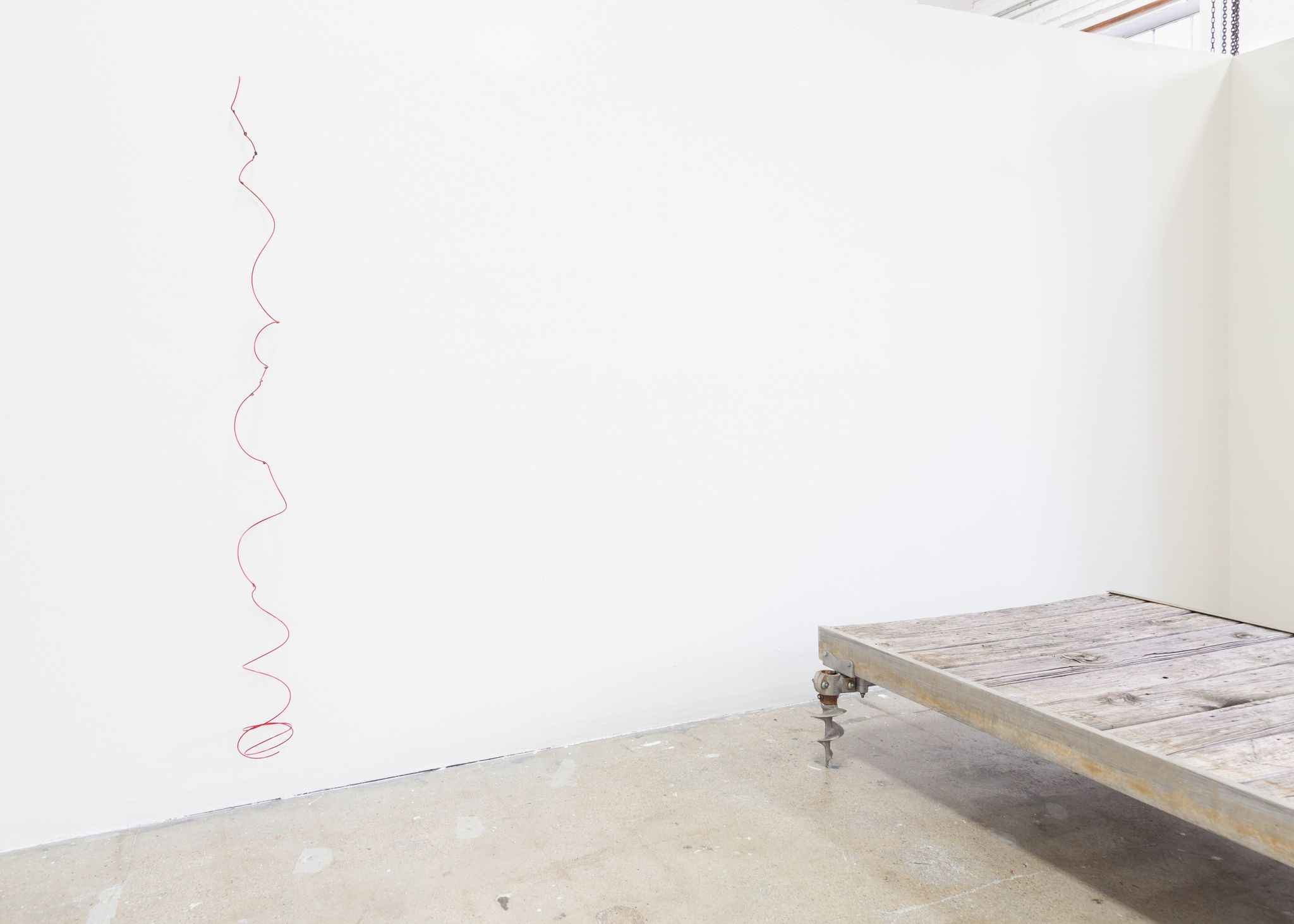
2.
I’ve become obsessed with democracy. I can’t stop thinking about it. When you speak of democracy, it’s as if you were critical of harm reduction. It hits a raw nerve. Specifically, I have become obsessed with the notion that belief in democracy is indispensable. What does it mean to believe in democracy? I have become obsessed with the notion that to believe in democracy is to believe that political problems can be resolved by means of rhetoric, which is to say emotional vulnerability and solidarity in our communication. I tell my students that restorative justice is the essence of rhetoric, and that if you believe in rhetoric it means you believe in abolition. If you believe rhetoric can resolve political problems, you believe in democracy. When I start talking like this, my comrades howl and shriek. They spit at me. Somebody insists that if insurrection were put to a vote it would lose. During my show trial somebody reminds me that democracy only re-inscribes the same power relation. More shrieks. Back in the attic, I cling to my belief in democracy. My students, who are from the future, try their hardest on the in class writing, we talk about Greer Lankton for an hour.
My obsession with democracy chases me through a series of parks in another state. Why has it become so unspeakable? Is it the contradictions? My last cigarette insists that all moderns live inside the paradox wherein we all must uphold democracy as a good, but we also must accept that in some cases it must be temporarily suspended in the interest of its own preservation. Specifically, democracy must often or always be protected or promoted via undemocratic means. Which means are those? In Detroit we have technocracy and coercion, folding into each other in worse ways every year. An expert can always explain away police brutality, but if we don’t buy what the expert is saying, there’s always an attending truncheon right around the corner. In Detroit it’s all bad faith arguments and batons. The experts on our side insist that they are not experts, and on the other side they’re starting to get hip to that strategy as well.
At TCF they scream “stop the steal”, we insist that there’s no evidence. We insist on science, reason, civil society, even democracy after it was a fiction all year. The water in the Catskills is so cold it stops time. I imagine I can float here for ten years, steeling myself for another 6 months of 2020. I’ll have all the answers when I get out of the water. The teenagers 5.9 feet away are from the future. Maybe that’s why I keep getting plucked out of the frying pan, to give them the pros and cons of civilization before our world is forgotten forever. There’s a lot to be said for it, which is why we keep ending up in a defensive position.
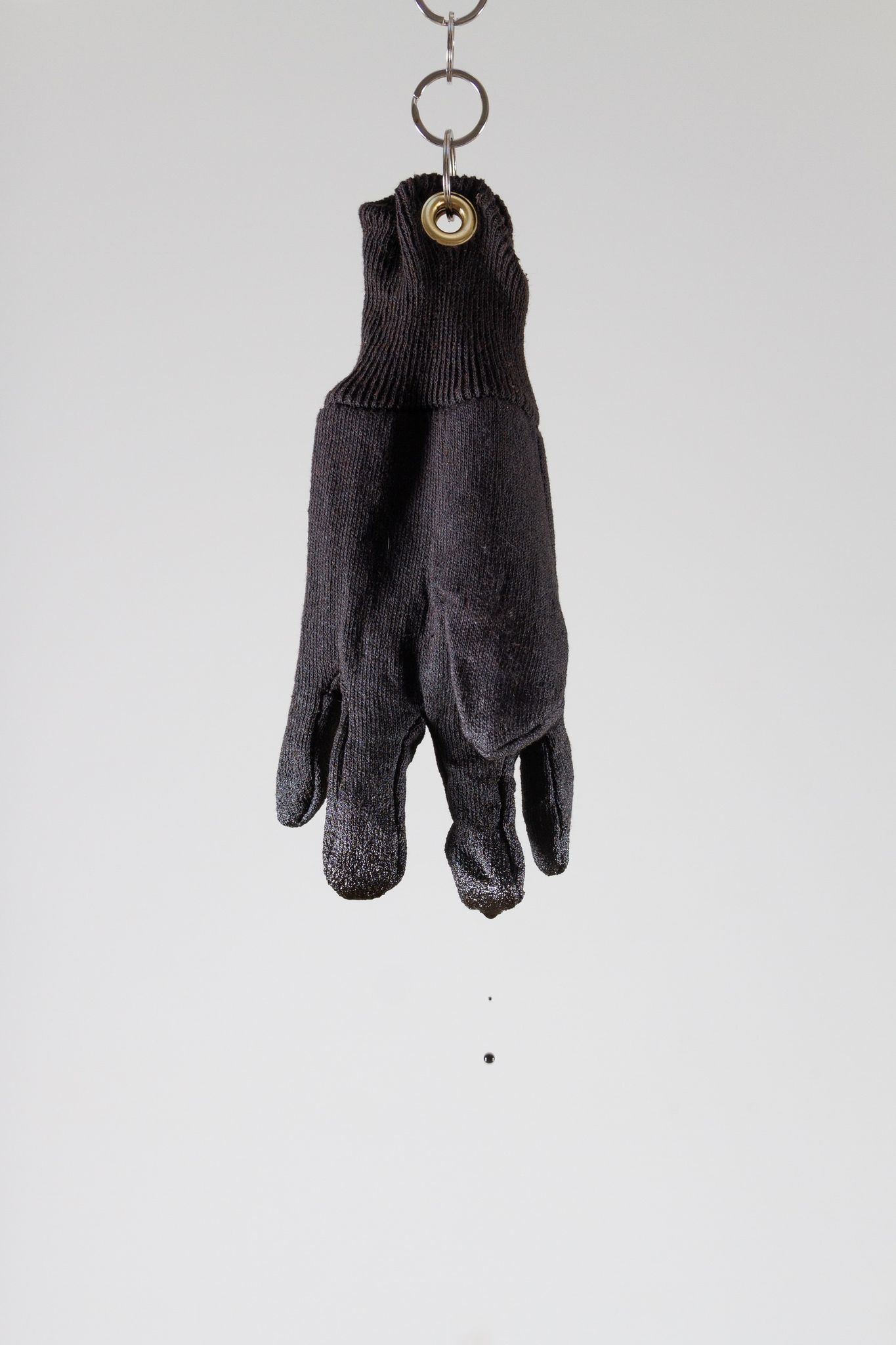
3.
Experts and anti-experts control the conversation, and they both enlist the baton man from time to time. The only difference is whether they want to be on screen with him. Most politics end up being a debate about the proper placement of experts and batons. The experts say that if we keep insisting on no batons, we will end up with worse batons. The anti-experts insist that we have secret batons. Somebody asks me who I organize with and I reply “no thank you officer”. People insist on experts without batons until the end of time. It gives me a terrible headache. I’m still obsessed with democracy, I try to tell people that democracy means no experts, no batons, no prisons, no walls, no punctuation, no diets, no signs that say no touching, and no signs that say no waiting for the bus. Nobody hears it, they just keep insisting that they can be an expert without a baton and that, in fact, a real expert doesn’t need a baton. I say ok but if you keep insisting on expertise without batons that just means the baton is always deferred, and there’s no expertise without a baton endlessly beating a human face for all eternity, even if it’s down the hall. More shrieks and laughing faces. Somebody says I’m stupid and just a baton man. No no, I go to graduate school. Must be nice to be a privileged academic. Faced with the impossible choice, to be either an expert or a baton man, I try to become a poet.
The poets chase me away because I’m obsessed with democracy.
When I floated in the coldest water in the world, I still smoked cigarettes. The teenagers from the future had a toddler with them. I caught enough to know that he was afraid of the water and they promised they would watch him. I had told you the same thing mere moments before, but about the virus and the baton men. Imagine the terror of all the experts and baton men in the world in the face of solidarity between the teenagers from the future and the tall man from the past. Imagine their terror when they start to feel it. What if they howled and shrieked because I remained obsessed with the notion that we don’t need batons or experts? What if we were solid already?
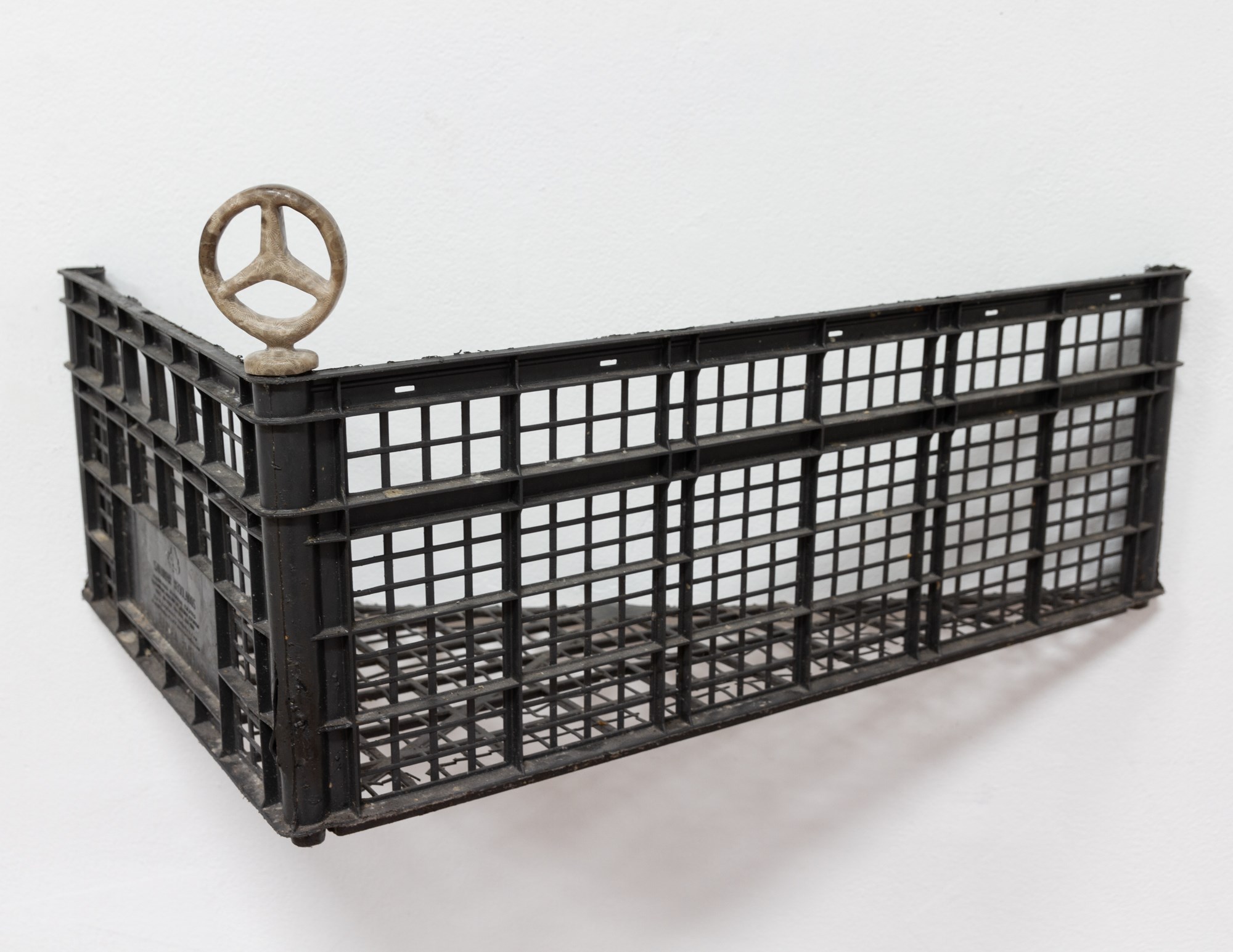
4.
Anyway, people hate the idea of equality of intelligence as much as they hate democracy. People shriek and howl at it. They say there’s no way you can prove it, no basis for such a claim. Ranciere replies that it doesn’t matter whether you can prove it, what matters is that any politics that doesn’t assume equality of intelligence is incoherent. People say I make circular arguments, I start from the assumption that freedom and democracy are good, and I end up in the same place. When they say this, I can’t help but to remember how it feels to push a car out of the snow, especially with someone helping. You know you’re closer to freedom every time, so it isn’t crazy to keep going. It isn’t crazy to keep trying the same thing over and over, which is what people usually say.
So despite the howls and shrieks, I keep insisting that faith in democracy is indispensable. In my favorite Zooms even, I insist that democracy is indispensable. If we don’t believe that political problems can be resolved through rhetoric, or that there is a solidarity between me, teenagers from the future, baton men, experts, anti-experts, anti-baton men, and so on, then how can we have progressive or emancipatory politics? What’s the point of abolition, then, if coercion and experts are required in order to stave off worse experts and worse coercion?
It is certainly true that it’s possible to mount a critique of the attending horrors of modernity without a faith in democracy, it just ends up being an aesthetic critique. As in, I hate this because it is ugly, I find it distasteful. I hate the image of the child from the future in a cage, thus we should create a politics where there are no children from the future in cages. I hate the image of the drowned boy from the future on the beach in Greece, so we must change the world so that there are no drowned boys from the future on the beach in Greece. So the question, then, is how will we go to the ugliest places in the world and make ugly images of the ugliest things, and make everyone look at them over and over? Eventually, we will remake the world in this way. You can get a Pulitzer that way. War reporters are national heroes.
When we imagine the aesthetic in terms of beauty is when we run into a problem. The attending horrors of modernity have never and could never be made beautiful, in the eye of the beholder or otherwise. The ones you take a whole class about, the accidents. The ones that weren’t meant to happen, that still have no real answer. Baton men and experts gone mad, endless graduate seminars unpacking the why. How can we be sure these ugly things will never happen again? When baton men and experts start to get confused on our side of the ocean, we shudder. Will we have another accident? So far, we can still have a politics.
What about the ugly things that weren’t accidents, that everyone agrees had to happen in order to make this world? Slavery, borders, genocide, ecocide, the things they teach us to take for granted. The museum has always been a graveyard. It’s full of pictures of modernity’s original crimes, pictures that somebody once found beautiful. People fight back within aesthetics, they make ugly pictures of the original crimes instead. The poets show up and politicize aesthetics, they demand that you see as beautiful what they see as beautiful, they demand that you see as ugly what they see as ugly. But ultimately, they can’t control what someone finds beautiful or not. That’s the point of aesthetics, it is a subjective judgment that one must necessarily feel ought to be universalized, either by means of expertise or by the baton.
How do you know, that when you make an ugly picture of an ugly thing, that someone else won’t find it beautiful, unless you’re inside their head? The aesthetic depends on the subjective experience of the viewer, it depends on their feeling that their experience ought to be universalized. The aesthetic happens in the attic. The worst part of the aesthetic critique is that after a wall, it becomes hungry for more original crimes, more ugly images. Does the baton man, made ugly, still hold his baton? What is the baton, if not the tool made ugly?
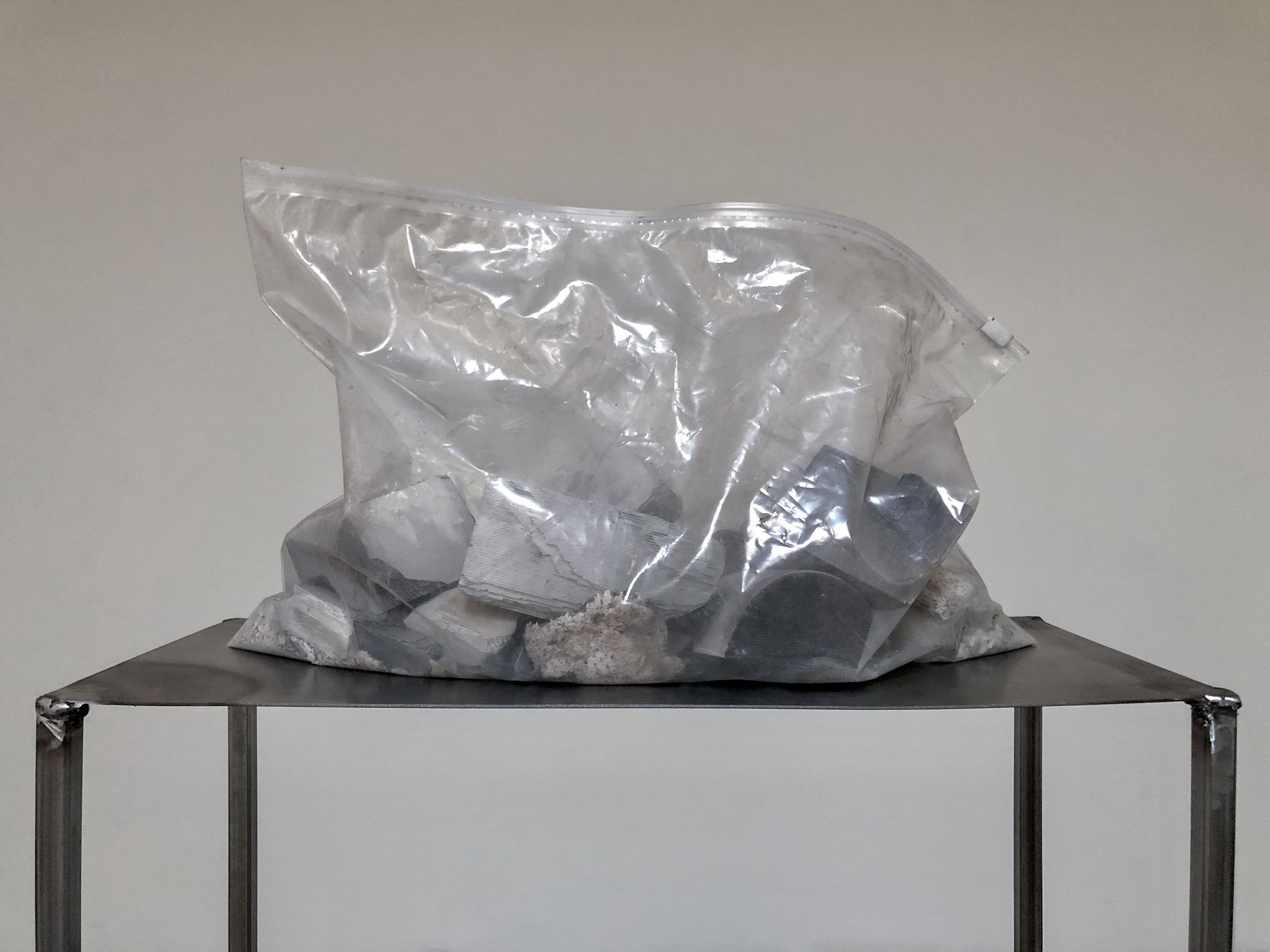
5.
I’m nervous in the gallery. Everyone is trying to figure out if everyone else is from the past or the future. I’m dizzy. A year from now I will post Free Tristan. Maybe galleries are just places where people look at the expression on the other’s face to determine whether they are from the future or the past. I have yet to begin to imagine that, in fact, we are all promising to watch each other, promising that nothing bad will happen. I have yet to fully crystallize the notion that this experience, the one we deny over and over, the one I hide behind bags and bags of powder, can be the only defensible basis for politics. For my drawing prompt I’ve had enough of the suspense and I draw my father watching UFC. I’ve had enough of the suspense, so I draw my father’s jacket from United Carpenters Roofers and Millwrights.
Dominic Palarchio pays attention to everything, so he notices me flailing in the corner and screaming that I’m from the past over and over. He explains that he and I are friends. I start to feel a little better. I don’t feel so bad in the MOCAD when I’m there to meet Dominic Palarchio. Maybe I’m a piece of the past that they’ll keep in the museum. That won’t be so bad. Maybe I get to stay in the future after all.
When I floated in the coldest water in the world, it occurred to me that democracy is what we moderns have named the promises made outside of time by beings with beating hearts. Suspended in time, I thought back to my show trial when they told me that democratic processes are only good for those already in power “and you know it”. A circle. My brother, poring over the beginnings of a book chapter about Levinas contra Fanon contra democracy, notes that my argument is a circle. Justice is good, and so is democracy. Something something. Therefore, it is just to have democracy. At first I chafe but then, suspended in time, I wonder if a circle must not necessarily be closed. Maybe it’s ok to try again, just with a bigger heart every time.
Images by Dominic Palarchio
Text by Walter Lucken IV
1. Wildgame Innovations, 2019
Laser Print from infrared image on plain paper
48 x 36 in
2. Exhibition View, 2019
3. Palarchio’s, 2019 (detail)
Gloves, motor oil, grommets, steel, key chains
24 x 36 x 3 in
4. Untitled, 2019
Petoskey stone, crate, cable, sinker
28 x 14 x 12 in
5. 2001S10 Catalyst, 2019
Catalytic Converter
16 x 8 x 8 in